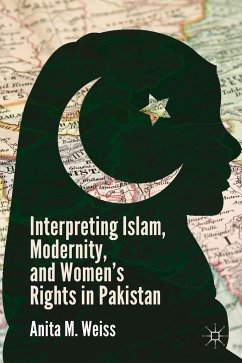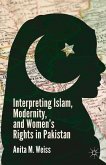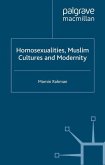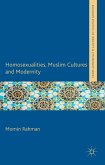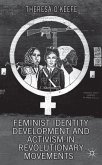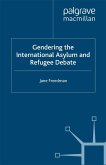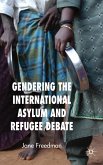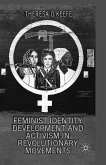This book analyzes how different constituencies within Pakistan are grappling with interpreting and redefining Muslim women's rights in contemporary society.
In Pakistan, myriad constituencies are grappling with reinterpreting women's rights. This book analyzes the Government of Pakistan's construction of an understanding of what constitutes women's rights, moves on to address traditional views and contemporary popular opinion on women's rights, and then focuses on three very different groups' perceptions of women's rights: progressive women's organizations as represented by the Aurat Foundation and Shirkat Gah; orthodox Islamist views as represented by the Jama'at-i-Islami, the MMA government in Khyber Pakhtunkhwa (2002-08) and al-Huda; and the Swat Taliban. Author Anita M. Weiss analyzes the resultant "culture wars" that are visibly ripping the country apart, as groups talk past one another - each confidant that they are the proprietors of culture and interpreters of religion while others are misrepresenting it.
In Pakistan, myriad constituencies are grappling with reinterpreting women's rights. This book analyzes the Government of Pakistan's construction of an understanding of what constitutes women's rights, moves on to address traditional views and contemporary popular opinion on women's rights, and then focuses on three very different groups' perceptions of women's rights: progressive women's organizations as represented by the Aurat Foundation and Shirkat Gah; orthodox Islamist views as represented by the Jama'at-i-Islami, the MMA government in Khyber Pakhtunkhwa (2002-08) and al-Huda; and the Swat Taliban. Author Anita M. Weiss analyzes the resultant "culture wars" that are visibly ripping the country apart, as groups talk past one another - each confidant that they are the proprietors of culture and interpreters of religion while others are misrepresenting it.
"Anita Weiss takes the debate on women's rights beyond the stereotypical dichotomous view that Islam either oppresses or empowers women. She analyses and weaves together the complexities of clashing views held by different groups in order to outline a blueprint for consensus building and avoiding conflicts over women's bodies and women's rights." - Saba Gul Khattak, Senior Gender Specialist, World Bank, Pakistan, and former Executive Director, Sustainable Development Policy Institute (SDPI), Pakistan

